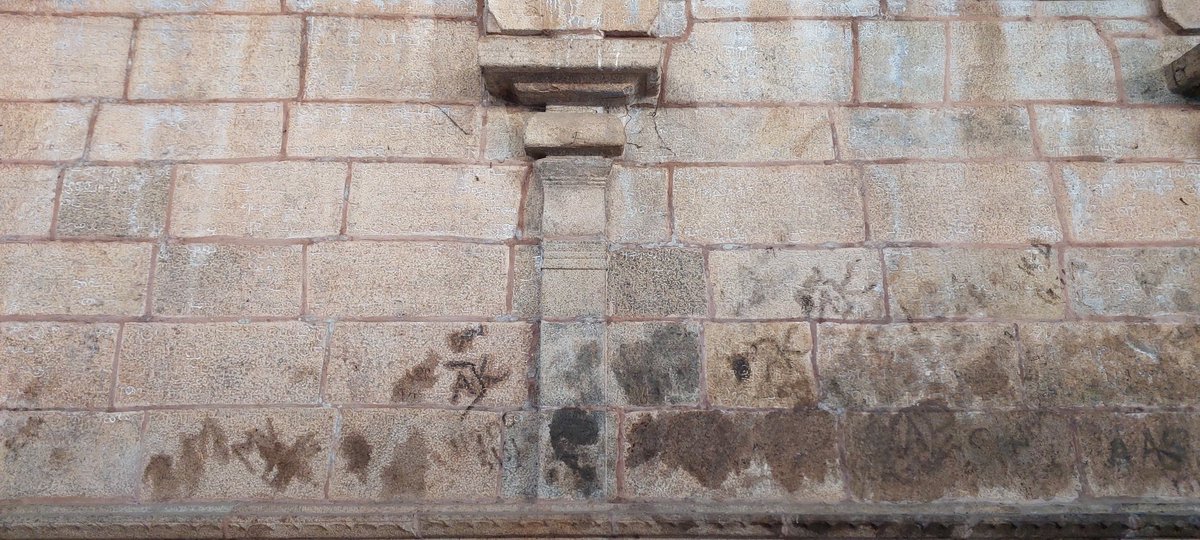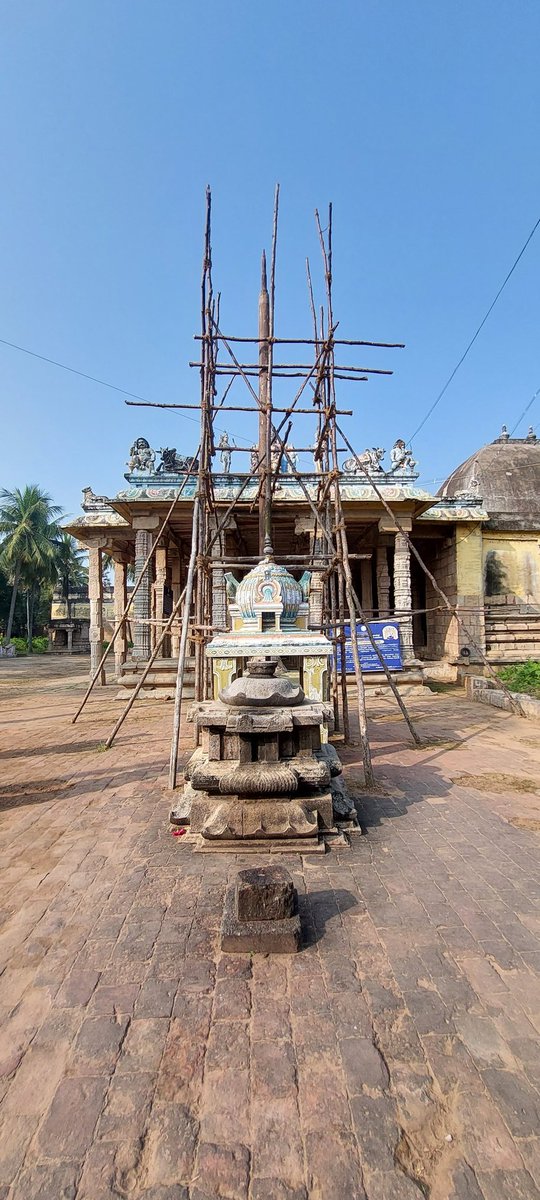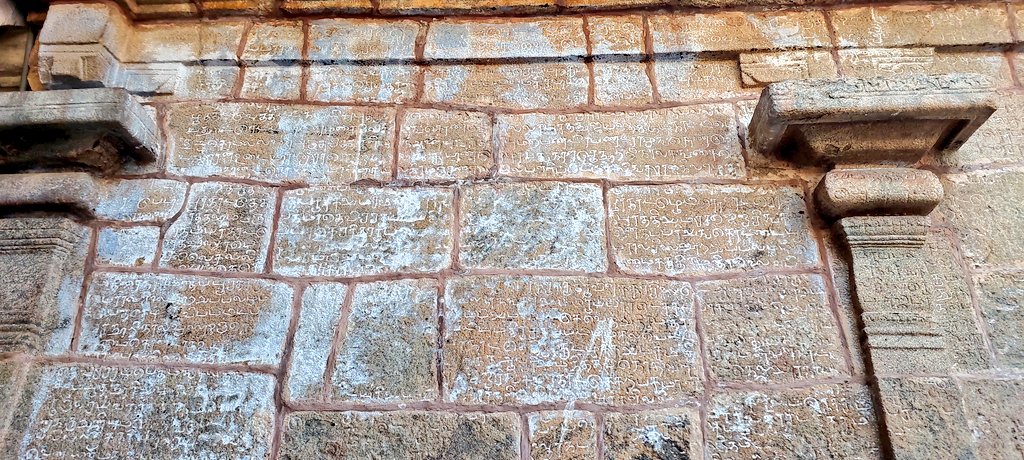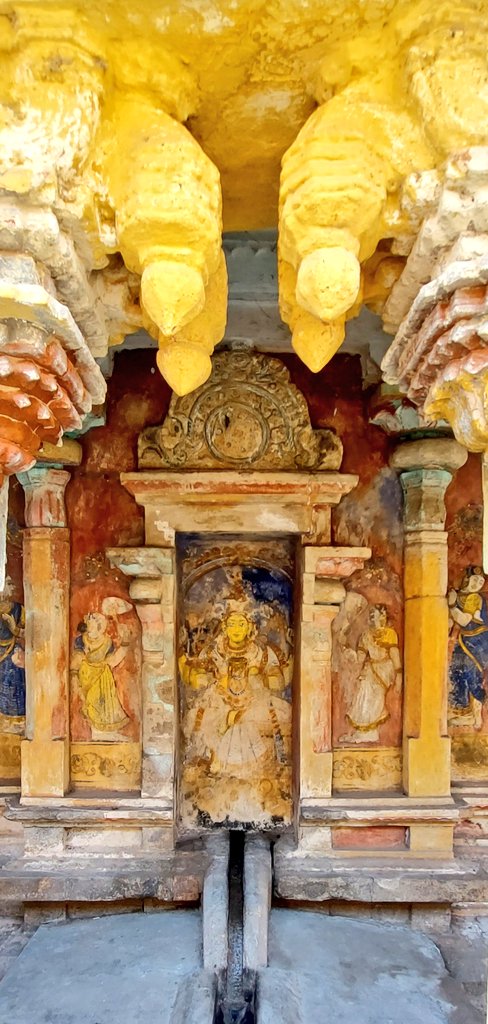some of my best handloom sarees from across different states. Few are even 15 yrs old. Our handloom weavers are the finest, bringing out elegance & art though their techniques. I urge everyone to buy handlooms & give support to our wonderful artisans.
#NationalHandloomDay
#NationalHandloomDay

From top : Kanchi, Sungudi, Pochampally, Kalakshetra, Odisha, Chettinad, Ponduru, kosa from Maheshwar , another Kanchi.
#NationalHandloomDay
Haven't added others 😁 I'll have to empty half my wardrobe then.
#NationalHandloomDay
Haven't added others 😁 I'll have to empty half my wardrobe then.
The colours are however a shade different in a picture 🙄
That's kosa from bagh. Not Maheshwar. (Both in MP)
• • •
Missing some Tweet in this thread? You can try to
force a refresh




















